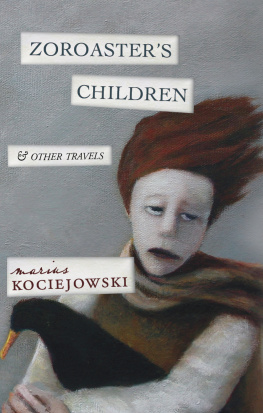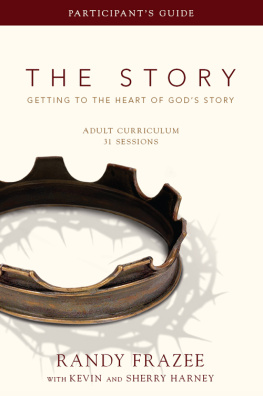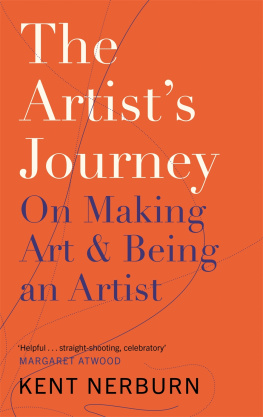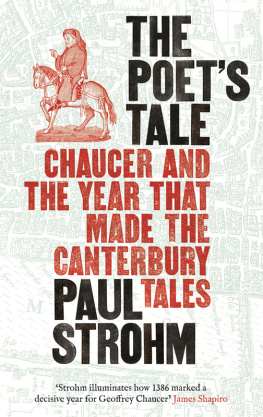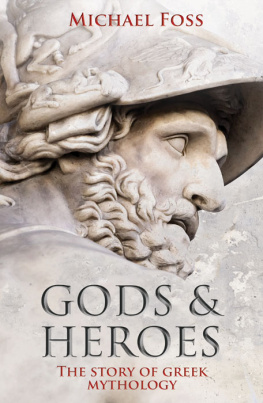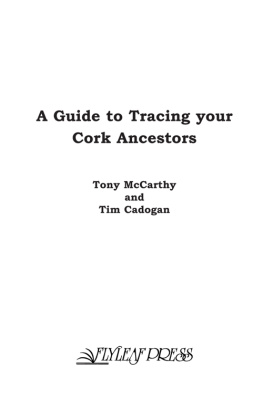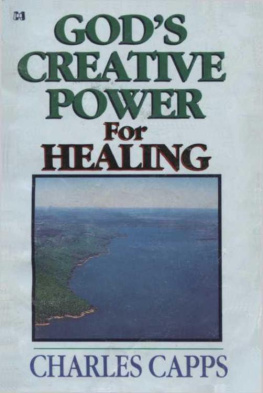T his book is the record of a world journey through Londons cultures, or, more accurately, through those people whom I take to be emblematic of those cultures. What they have in common is that they are poets, novelists, artists and musicians, occasionally some combination of these, and, all in all, well equipped to give voice to their experiences. They are also people who have a healthy mistrust of language. They are all but one of them inhabitants of London and that includes faraway boroughs of which we know little. They have come here from other countries.
London is the main character even though it sits and watches silently for most of the time. London is what the people Ive journeyed through appeal to, their frame of reference, and, like God, whether or not it responds to them remains its prerogative. I thought at first I might make London show its legs but it wont even get up on stage. It will not be forced. Sometimes one senses in it, within this living city, ghosts of other cities. The parts of London in which my subjects live are often, to some extent, the suburbs of elsewhere, or else the city for them is not so much a geographical space as it is a mental one. Admirable and lovable though they are, I do not walk with the psychogeographers, picking up spirit traces. When, on the other hand, worlds appear to run in parallel, and, at least for one of the people I have written about here, the Tigris really does seem to flow through London, I have been quite shameless in exploiting those connections.
What follows is not strictly about exiles: it is about migrs too; it is also about people who are wary of defining themselves either way, who quite simply are no longer in the countries in which they were born and raised. Often they are here merely because they did not return home. Its true of many of the people about whom I write that the words exile or migr hardly ever come to their lips and when they do it is usually in order to remove any taint of disgrace. The words are used mostly by other people. Most problematic is the word exile: nowadays it is employed with scant attention to its original meaning, which is banishment, from the Latin exilium or exsilium. An exsul was a banished man, one commanded to quit his native soil. Ovid was such a figure, Dante another. True exiles are now rare. Solzhenitsyn was bamboozled out of Russia. Pasternak almost certainly would not have been able to return had he gone to collect his Nobel Prize. The most debased use of the word is when one hears of tax exiles, when exile is synonymous with a Bacardi nightmare. A favourite buzzword of journalists, pollsters, demographers and sociologists, the term exile has been stripped by them of any metaphysical dimension and is therefore the most unsatisfactory of handles. Whenever I use it, I do so reluctantly.
The modern exile is someone who has been forced to leave his country because of war or economics or is unable to return for fear of punishment or starvation. And even if we accept this limited, limiting definition, we are looking at something that is substantially different from what it was even half a century ago, when the decision to leave, or not to return, was considerably more drastic, almost certainly irreversible. The sense of isolation is no longer felt to quite the same degree. The letter that once upon a time took several weeks to arrive, which, after being tampered with by the authorities at the other end, might have brought news of birth or death, has been largely rendered obsolete. Communication is now immediate, and as such it has altered the very condition of exile. Space and time are no longer the obstacles they once were. What does remain the same, however, although in ways more difficult to measure, simply because things are not as clear as they once were, is the internal shifting of ones tectonic plates. I want to know what happens inside.
Artists are already exiles of a kind, which is to say the position they occupy in society is not what it used to be, when, say, a poet was his countrys conscience. This is not strictly true, of course, because in some parts of the world, where there are no government subsidies other than those provided for the forging of prison bars, a man of words can still deliver strong punches. What a meltdown theres been, though, in the affairs of men. We are truly bound in shallows and in miseries. Artists have become, at the very least, internal migrs, retreating further and further into themselves. And being fiercely individualistic, most of them, they are wary of sharing too much with their compatriots and indeed there are often tussles over cultural space. Only rarely are they willing members of ethnic communities except, of course, when theres money to be made. Our cultural institutions go to great lengths to ensure theres always some kind of jamboree. The danger for any artist in such a position is the slippery slope of compromise, and nowhere is this more in evidence than within closed circles. There one may offend ones peers a little, but only if one does not push at mutually agreed upon boundaries. All, ultimately, must eat from the same plate. Generally speaking, then, creative people are not easy to drop into tidy ethnic scenarios. The Turk is not to be seen anywhere in that part of London where daily staples are advertised in words with undotted is. The Iraqi seems perfectly happy to live among Poles with their truncheons of smoked pork sausage. The Iranian lives in a predominately West Indian neighbourhood. The Zimbabwean lives in Harare North.

Such rules as I made, I soon broke, such that maybe the breaking of them was my only rule. There were a number of things I swore I wouldnt allow myself to do, which I went ahead and did anyway. It was almost as if by first wrapping myself in chains Id earned myself the right to wriggle free of them. At first I had decided that on this zigzag journey through Londons cultures I would address only those people working within their own languages. And problematic though this was, I would extend this to include both visual and musical language. This purist approach fell apart almost immediately. My Turk, upon arriving here, began to write in English. What he had committed was, in E.M. Ciorans phrase, heroic treason. This does not seem, however, to have invalidated the Turkishness of his prose. Moreover, the subject is not only a Turk but a Jewish Turk, or a Turkish Jew, which puts him in the position of being a


